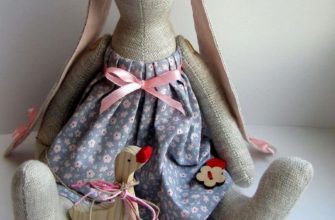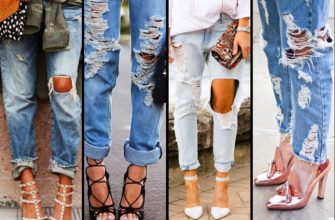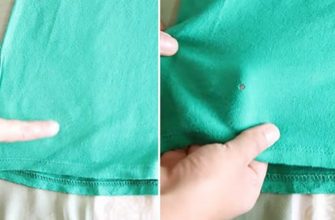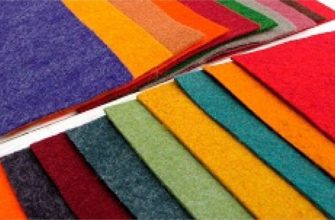Many beginning tailors face the problem of choosing materials for work. This article tells about how much sewing threads cost and how to choose them correctly.
- Requirements for the quality of sewing threads
- Thread numbering systems
- Professional tips on choosing threads
- Do not use Soviet-style cotton threads
- How to choose the right threads for sewing machines
- Main types of sewing threads
- Some tips from a tailor
- How to choose the right threads for sewing
- Cotton
- Silk
- Nylon
- Special purpose threads
- Sewing threads for decorative stitches
- Brands of manufacturers that are repaired
- What are industrial sewing threads made of?
- Why is it important to choose the right needle for the thread?
- What threads are best for overlock
Requirements for the quality of sewing threads
The yarns should be:
- Increased resistance to deformation and quite soft;
- Equal in diameter;
- Well pigmented, resistant to washing and UV rays;
- Highly heat resistant.
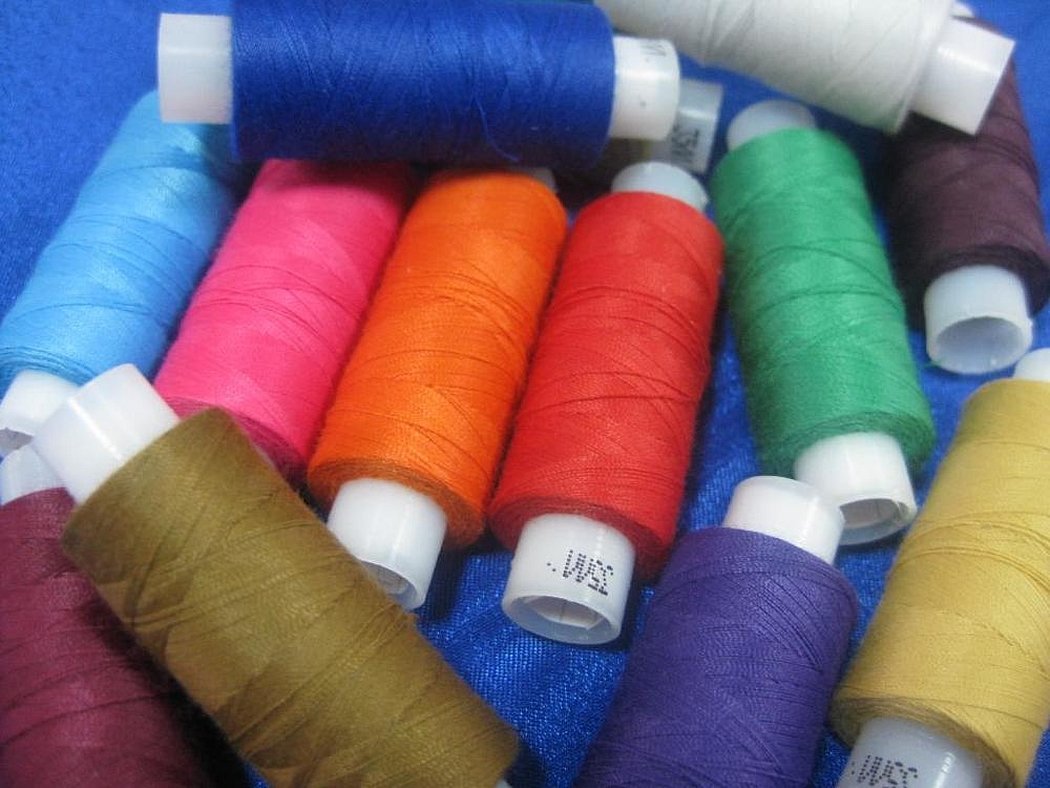
Thread numbering systems
Before starting any tailoring work, it is necessary to choose yarn. Since the range is large, it is necessary to choose according to some parameters. In this case, the density of the thread and its strength will be the main qualities.
Thickness is indicated by using distinctive numbers and even a whole scheme of numbers. Today, the most popular value is Tex. In addition to it, the following are also used:
- Metric measure [Nm] – mainly for synthetics;
- Cotton measure [Ne] – used for cotton;
- Denier - used for mixed fibers.
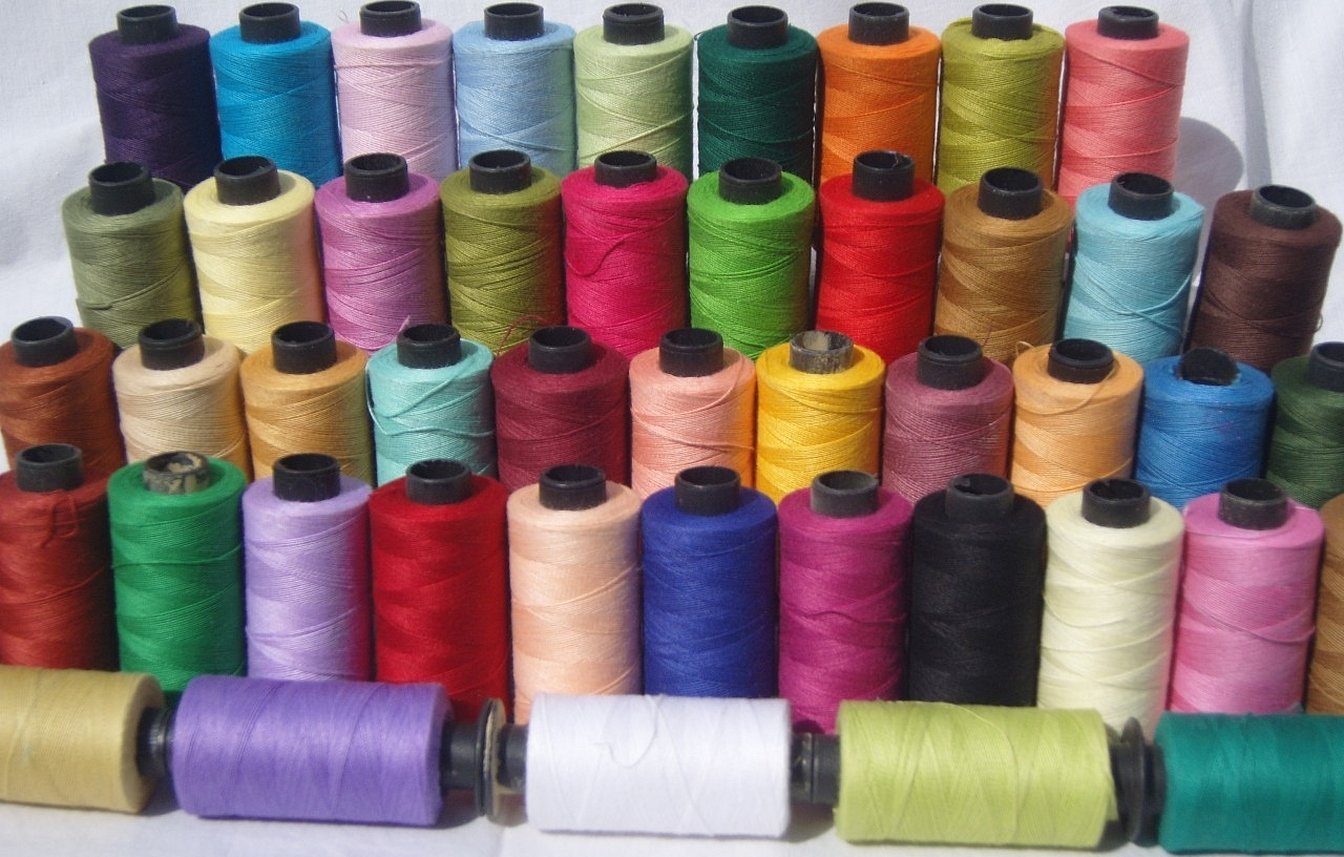
Professional tips on choosing threads
Below are some tips to help you choose the right materials depending on what you need to sew.
Do not use Soviet-style cotton threads
The times of the USSR are gone, but many people still have such yarns in their homes. Perhaps they are even produced somewhere or were saved from relatives.
Attention! USSR yarn makes poor quality stitching and constantly breaks. They also cause great harm to modern machines and overlocks.
Therefore, it is advisable not to use them when working; for example, you can manually sew socks or tights with them, but nothing more.
For heavy work, it is recommended to take good materials.
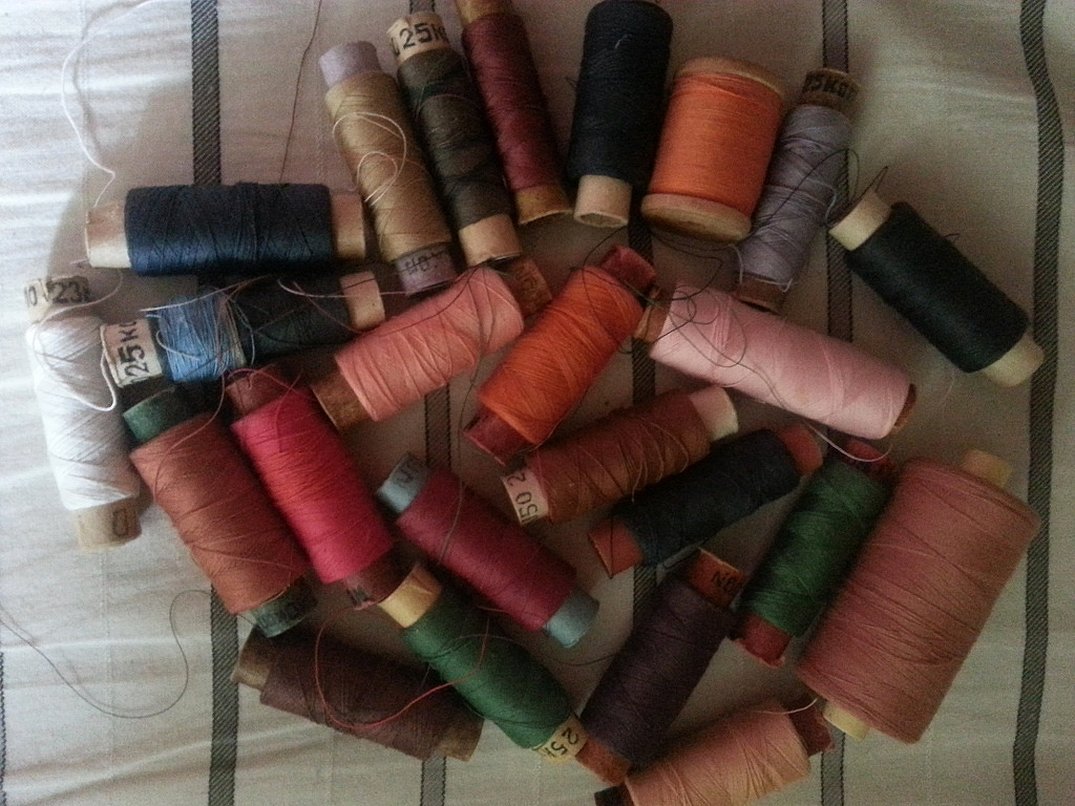
How to choose the right threads for sewing machines
You need to match them to the material and the thickness of the needle. If the thread is selected correctly, the stitch will be even, without breaks or shifts.
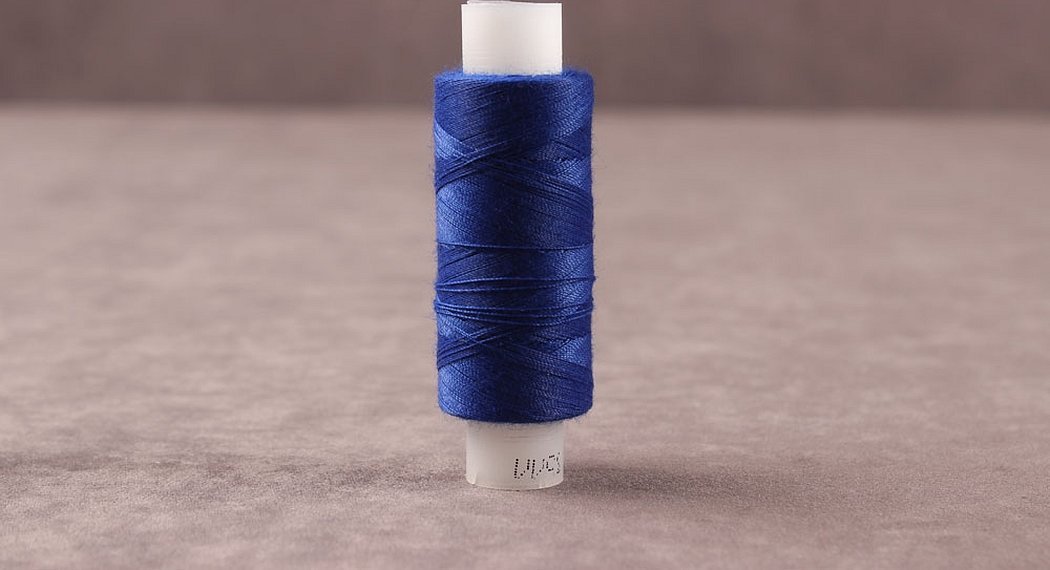
For overlocks and sergers, it is better to buy #35. They move quite easily in the eyes of the needle, are highly durable and do not run out for a long time.
Main types of sewing threads
Cotton should be used for handwork, appliques, basting. Its advantage is that it is easy to dye. Mercerized thread is stronger and does not fluff.
Polyester yarn is durable, stretches easily and does not fluff.
Single nylon will be almost transparent, blending with the material and therefore not noticeable.
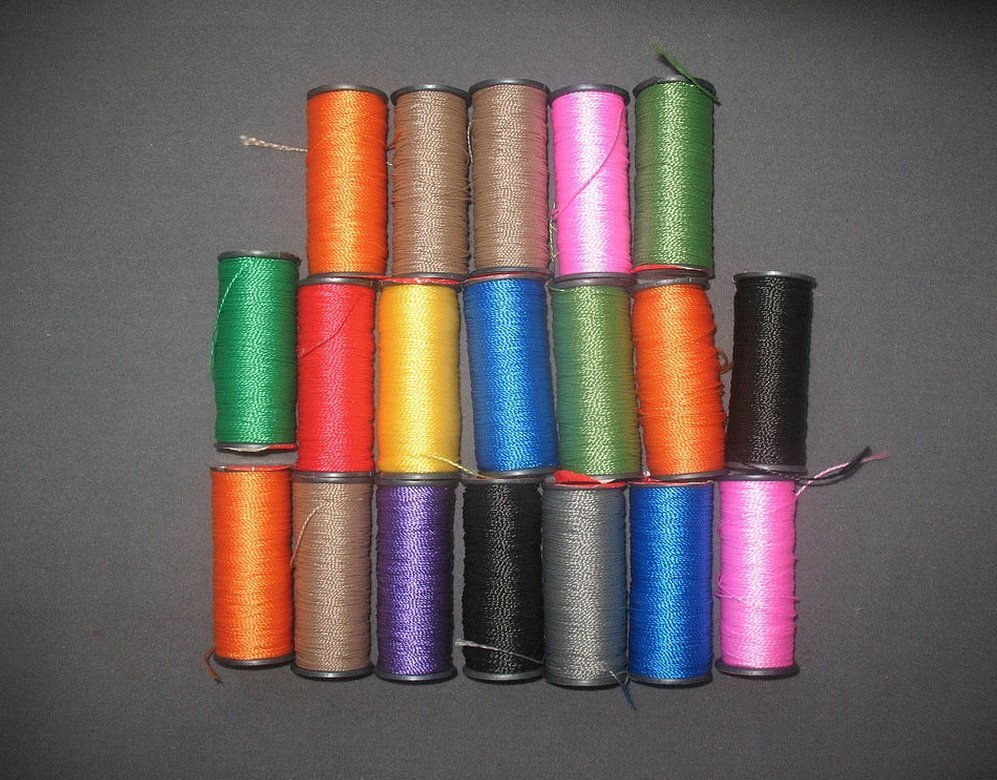
Thin nylon is not very strong for stitching items, but is necessary for basting hems of items and decorating a few seams.
Some tips from a tailor
Sometimes it happens that the seams stick out, what should be done?
Polyester threads are quite dense and are not subject to abrasion. They are mainly used for sewing things from elastic materials. But they have one disadvantage. If you sew parts from knitted material, after a few days the seam will stick out. To prevent this, you need to pull the material a little while working.
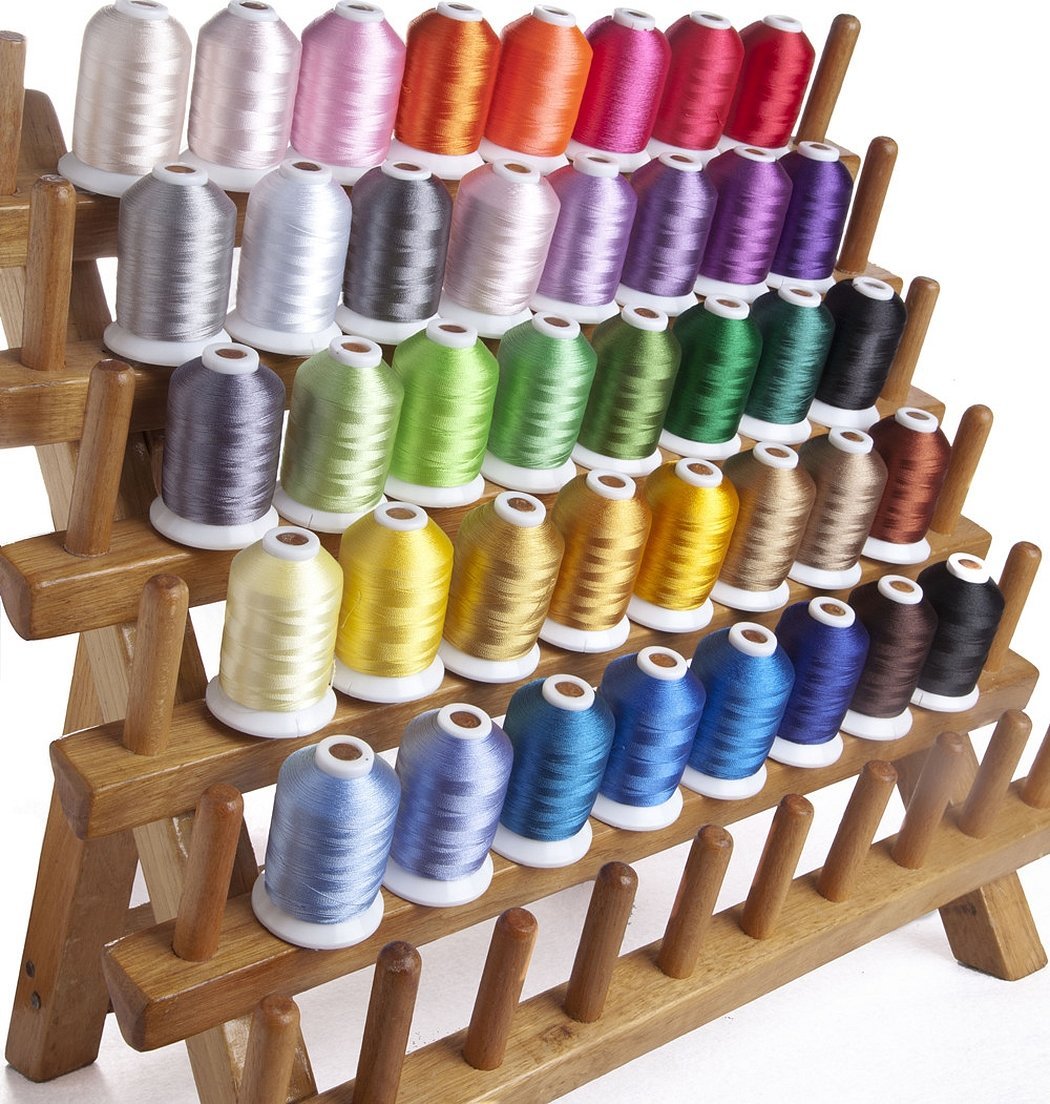
How to choose the right threads for sewing
If the threads for the work are chosen incorrectly, then the entire product can be ruined. Below are the rules for choosing threads for different fabrics.
Cotton
They are designed to work with cotton and have GOST-6307. It is advisable to use thread and fabric of the same material. Items with such threads can be washed in any water and with different powders.
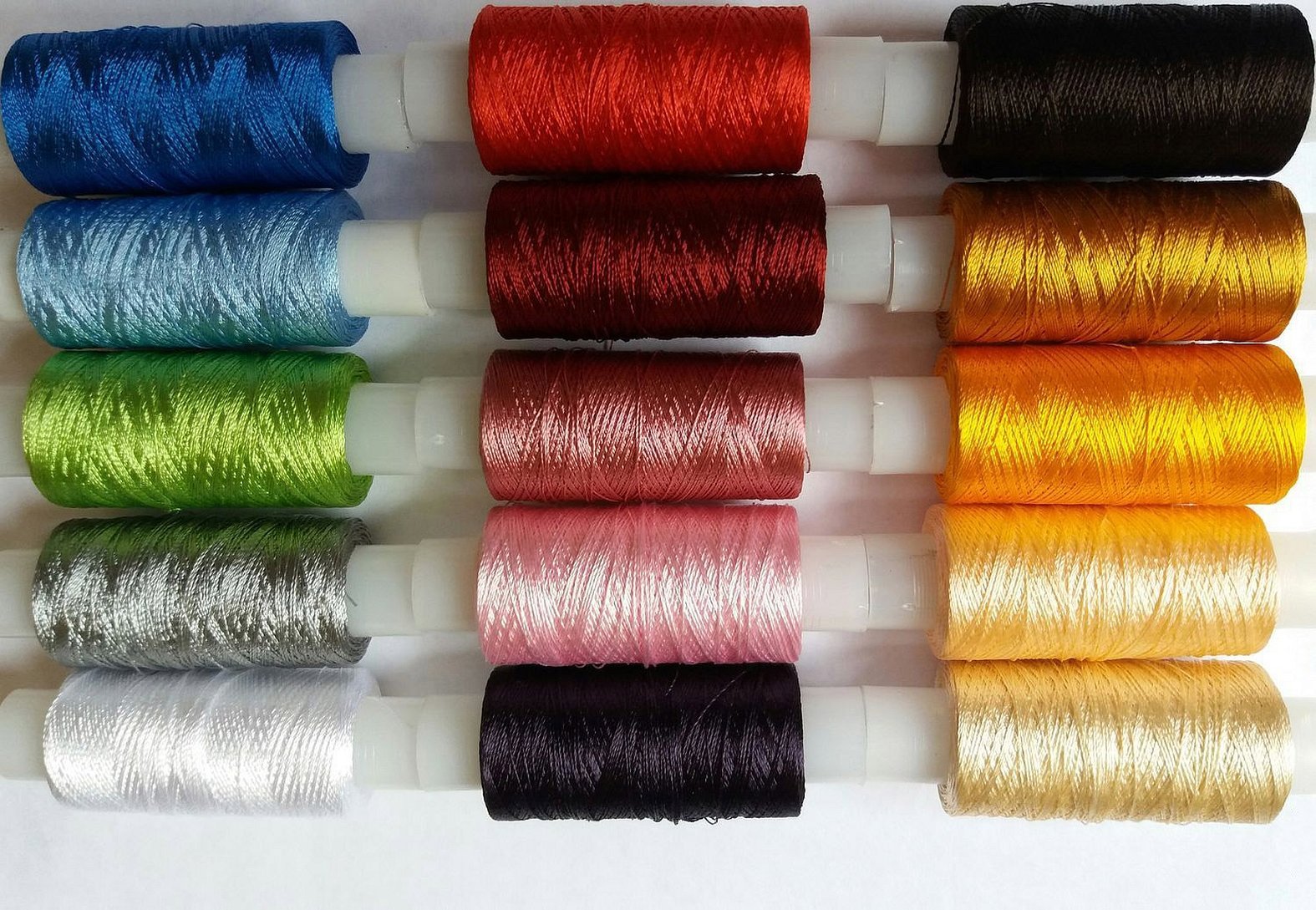
They can also be used for embroidery, as they do not stretch.
Silk
They have a beautiful shine, give the seams neatness and completeness. They are mainly used with woolen materials, they can be sewn not only on a machine, but also by hand.
Nylon
They are also called polyamide. Twisted nylon fibers are used when working with genuine leather. They have high strength and elasticity. Waxed leather threads are also sold, which provide easy stitch adhesion and water protection.
Special purpose threads
Anide. They are necessary for sewing shoes, density 29 tex in 2 and 3 layers. They have many advantages compared to nylon: increased heat resistance, strength, almost do not break.
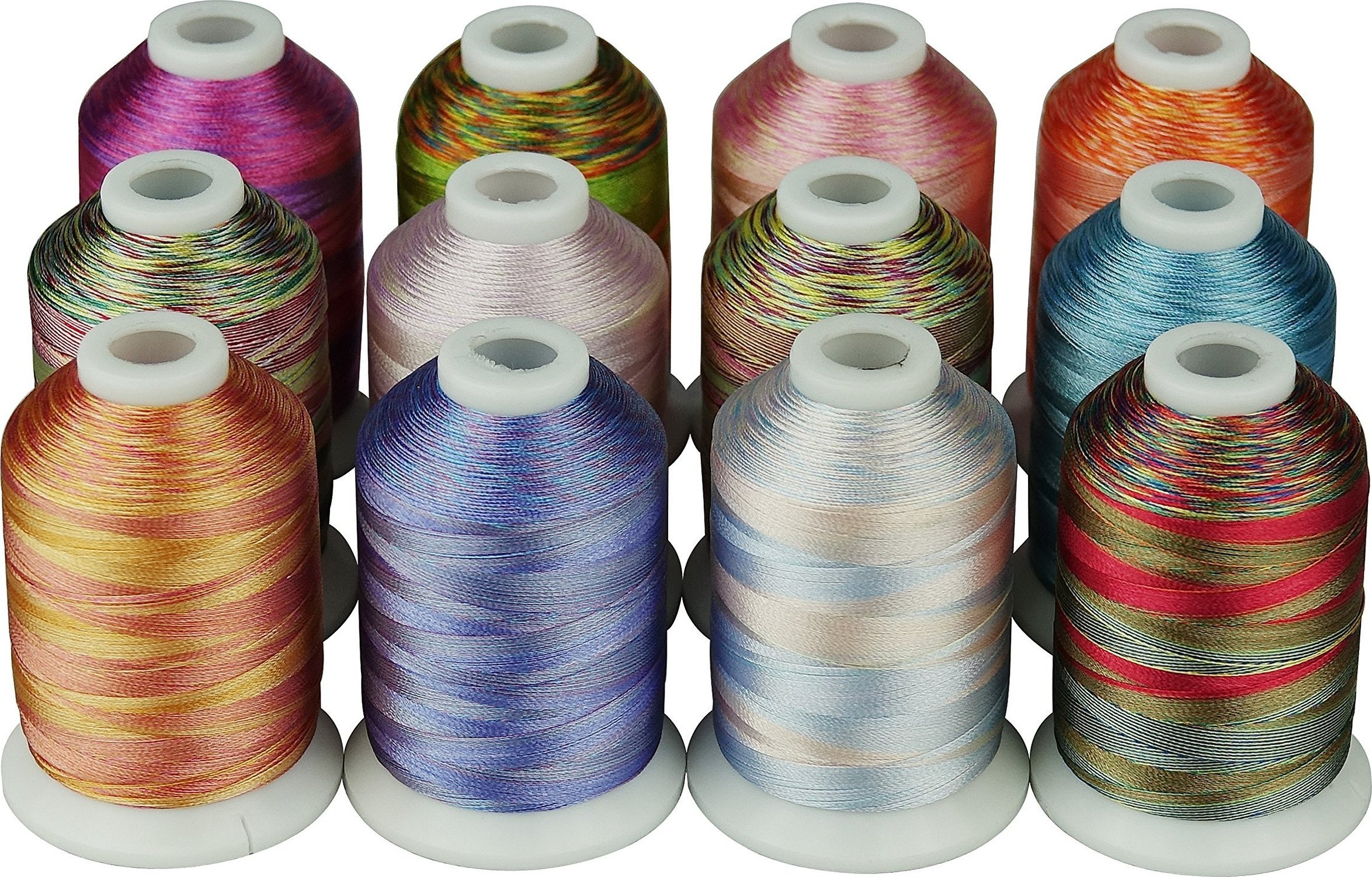
Phenylone. They are made from phenylone fiber with a density of 0.33 tex. They have increased strength and high performance properties in special equipment due to elasticity, high heat resistance, resistance to damage and the sun.
Vniivlonovye. They are necessary for the creation of special clothing for workers in factories that come into contact with phosphorus and other substances.
Sewing threads for decorative stitches
Sewing threads can be used to decorate stitches. They are much stronger than regular threads.
In addition to machine threads, there are special ones for hand sewing.
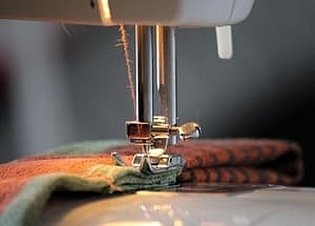
You can embroider with them, work with beads, etc. For such works, nylon threads are mainly chosen. They stretch easily, are very elastic and flexible. Metallized threads are used for decorative seams.
Brands of manufacturers that are repaired
More than fifty brands of various sewing devices are repaired. For example, Janome, Aurora, Prima, Union and many other well-known manufacturers. Work is also carried out with Russian brands such as Chaika, Tula and Podolsk.
What are industrial sewing threads made of?
Sewing threads cotton 38/2 the most popular type. It is used for all main seams from materials of medium weight, for sewing pastel, T-shirts, jackets, children's clothes, knitwear and so on.
Why is it important to choose the right needle for the thread?
Machine needles are very different when used by hand. If the needle is too thick, the thread will be held in the groove quite loosely and skipped stitches and damage to the product will occur.
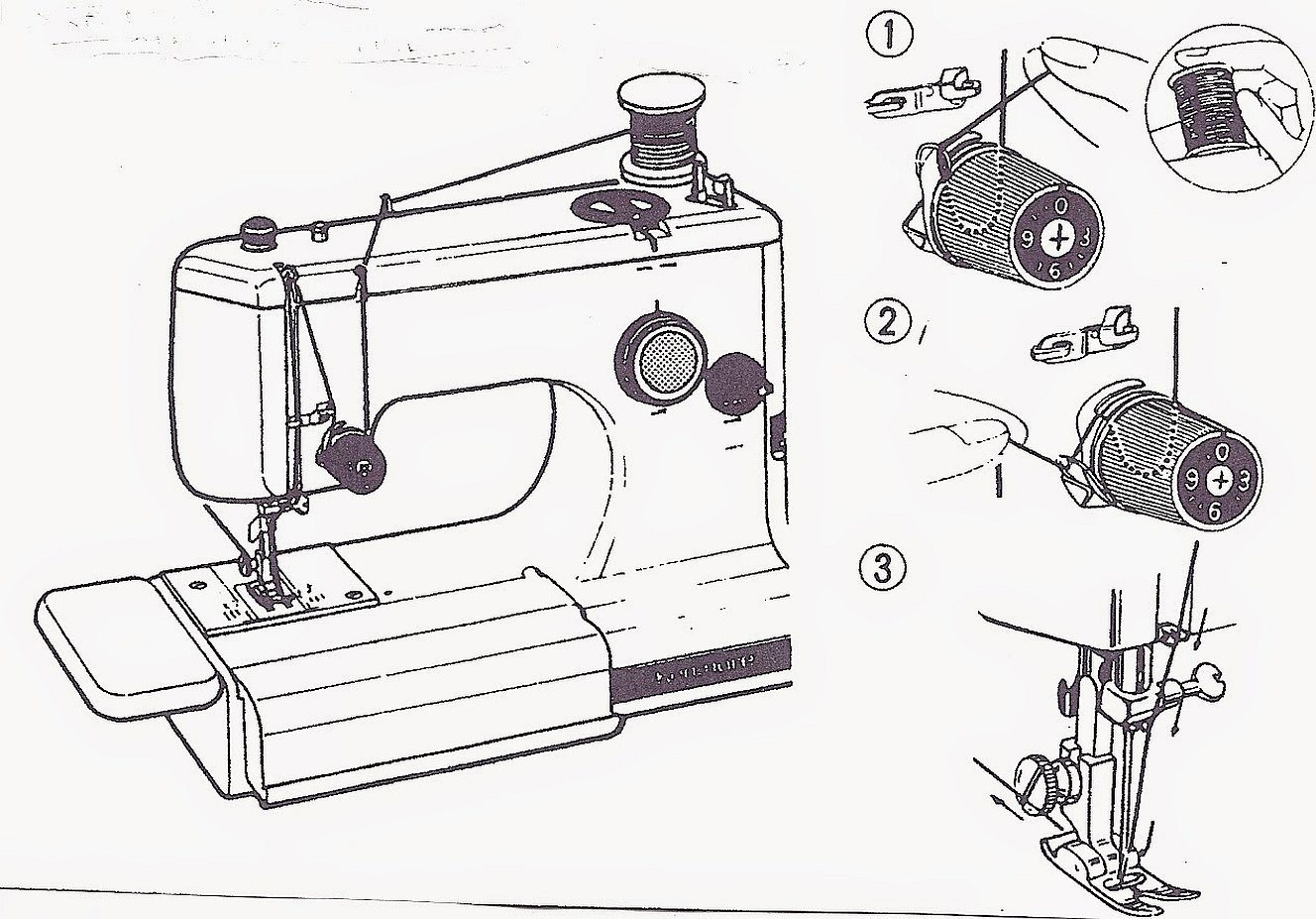
Attention! For good machine stitching, the material and threads must match the machine needle size.
What threads are best for overlock
For overlock, the range of threads is lower than for conventional sewing machines. Even if the machine is well adjusted, very expensive, but the thread is selected incorrectly, it will spoil the product during operation. There are two conditions when choosing threads:
- Quality fiber;
- Minimum thickness.
Good threads can be purchased not only in stores, but also in online catalogs. The cost of a spool varies.
The choice of threads is one of the main steps in sewing a product. If you choose incorrectly, you can encounter troubles, from damage to the product to a breakdown of the machine. When buying, it is advisable to consult a specialist.

